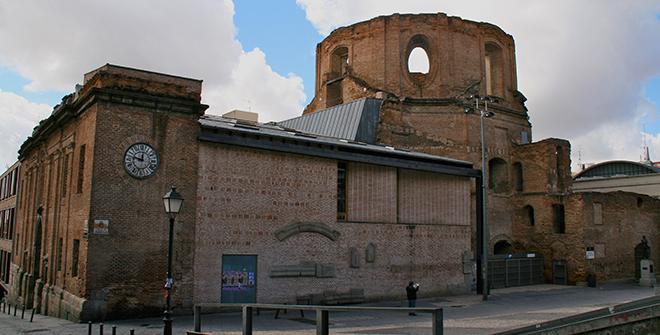With the rise of remote work, Spain has become a hot destination for digital nomads. For those looking for an exciting urban experience, Madrid and Barcelona are both contenders for the top spot, but the choice can be tricky, as both cities have unique pros and cons. I recently invited Daniel Welsch, author of the Chorizo Chronicles and presenter of Spain to Go podcast to get his take on the issue. Having lived in both cities, he’s the perfect person to weigh in on this topic.
Barcelona: The Nomad-Friendly City
Barcelona is often the first port of call for digital nomads. There’s a reason for this, as Daniel pointed out: “There’s an established community of internationals and people working for big corporations in Barcelona.” For newcomers, this community can be a huge asset, as many of Barcelona’s companies operate in English. This setup makes it easier for non-Spanish speakers to get jobs in international companies without having to learn the language right away.

Barcelona’s appeal, however, comes with some caveats. High turnover rates mean that even though “there is a large number [of digital nomads] at any one time, not necessarily the same people as there were last year.” So, for those hoping to build lasting friendships, this transient community might be a drawback.
Madrid’s Push for International Appeal
Madrid, on the other hand, has a reputation as a more traditionally Spanish city but is working hard to attract international companies building huge data centres to woo more international companies into the city. The independence movement also pushed some big firms to relocate to the capital.

While Madrid might be lagging behind Barcelona on the international stage, its centralized location makes it a better travel hub. As Daniel put it, “Madrid is the hub for getting to Sevilla or Córdoba… Valencia, Alicante, Barcelona, etc.” For digital nomads who want to explore Spain, Madrid offers easy access to almost every part of the country. On the other hand, Barcelona boasts direct ferry connections to Italy and train connections to France.
Renting and Cost of Living
Renting is always a hot topic for digital nomads, and both cities have their challenges. Barcelona, known for its stunning location on the Mediterranean, faces issues with rental prices due to short-term leases, a phenomenon that Daniel thinks is connected to the recent enforcement of housing legislation backfiring. “A lot of landlords…take their flats off the long-term market and put it on the short-term rental market,” Daniel shared, which can push prices up, especially in desirable areas near the beach.

Madrid also has its share of high prices, but its rental market is often seen as more stable. Still, with the influx of international businesses and data centres, it’s unclear how long this stability will last. So, for now, Madrid might be a better option for those planning a long-term stay, but only time will tell.
Barcelona or Madrid? In the end, it depends on what you’re looking for. If you prefer a ready-made community and a coastal lifestyle, Barcelona might be for you. But if you’re looking to integrate into a more Spanish environment and access the rest of the country, Madrid could be your best bet.
Moving to Madrid and want to get to know the city better? Then why not hire me as a guide? Get in touch for further details.





